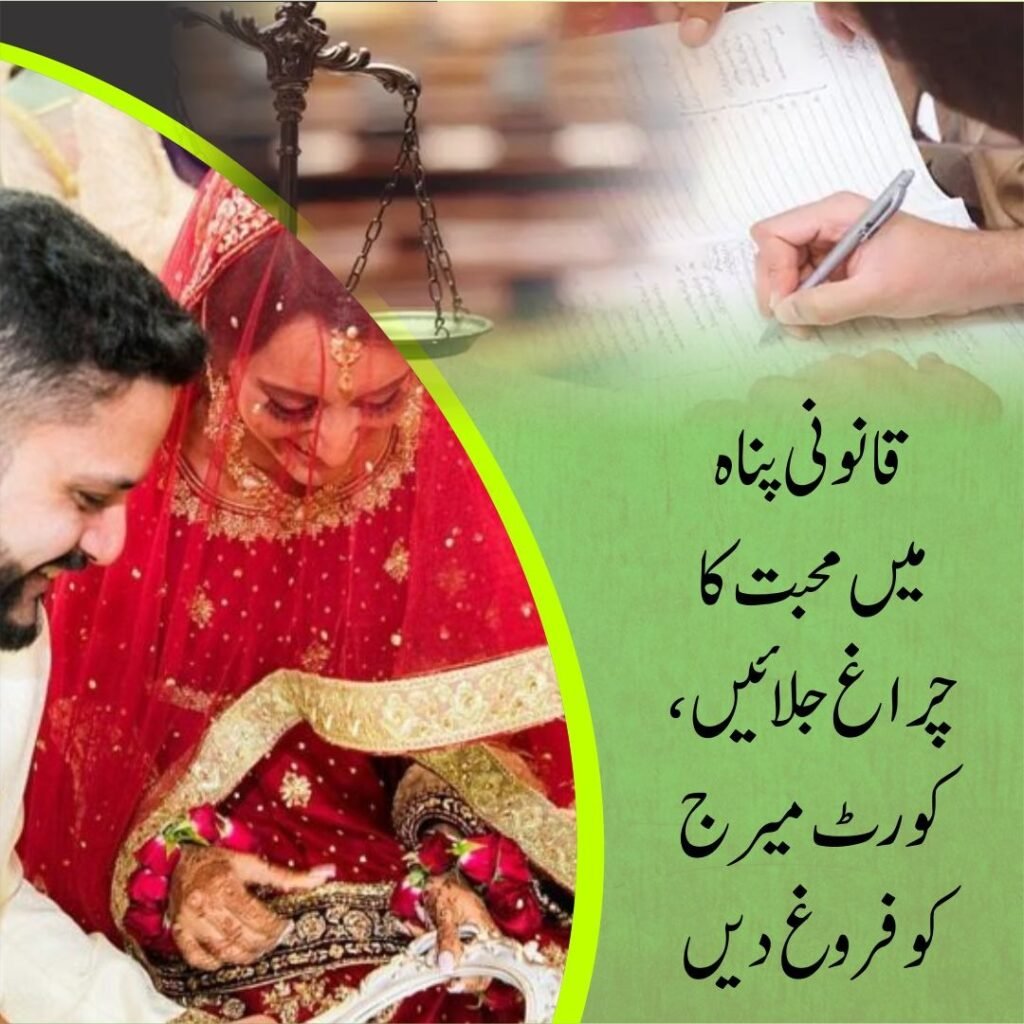Difference between Shia and Sunni Nikah:
We Fight For Your Right
Contact us
Useful links
- Date modified:
- 2024-03-02
Difference between Shia and Sunni Nikah:
As part of Islamic rituals, the Arabic word nikah is given special significance. In Islam, nikah is a sacred bond shared by partners that are protected by a mutual contract. Marriage is the legal term for it. We will discuss the differences between Shia and Sunni nikah, the two Islamic sects that split following Prophet Mohammad’s (SAW) death. Their beliefs are very different. due to that very reason, their wedding rituals are somewhat different. Shia and Sunni nikah differ primarily in that Shia Nikah has six verses, while Sunni nikah does not. In contrast to the Sunni nikah, the proceedings nikah has a longer duration. Their marriage rituals are also different. These differences can be attributed to their differing religious beliefs.
Shia Nikah
The presence of witnesses is not required for Shia nikah. Witnesses are needed, however, if there is a divorce during the Shia nikah. During the wedding ceremony, six verses are also read in front of the audience. Shia wedding rituals are so long because this is a requirement. In Shia nikah, bathing is also a holy concept. There is another important distinction between Shia and Sunni nikah: Shia nikah includes a temporary marriage period. Marriage contracts are contracts between two people for a specific period of time. If they do not agree to stay married after the time limit has passed, they can leave each other.
Sunni Nikah
By contrast, Sunni nikah does not require any verses to be recited. As a result, the marriage process is completed quickly. Also, unlike Shia nikah, they do not require a witness during the divorce process. During their nikah or wedding, they must have two witnesses present. Sunni nikahs do not have a bathing ceremony like Shia nikkahs. Besides that, the Shia nikah comes with the option of pre-arranged fixed marriage, whereas the Sunni nikah does not. It is believed that Sunnis are more orthodox and rigid when it comes to their rituals. They do not believe in short or fixed-term marriages and consider marriage to be a lifelong commitment.
Key differences between Shia and Sunni Nikah:
- Unlike Sunni Nikah, Shi’a Nikah is less orthodox.
- Unlike a Sunni Nikah, a Shia marriage does not require a witness.
- During a Shia divorce, a witness is required, whereas a Sunni divorce does not.
- As opposed to the Sunni nikah, the Shia nikah involves bathing.
- In Shia nikah, the marriage is prearranged and fixed temporarily, but not in Sunni nikah.
Inter-sect marriage between Shia and Sunni:
Muslim women are only allowed to marry Muslims, which leads to a definition of what Muslim means. As the first pillar of Islam, it is imperative that a Muslim believe in a single supreme power (Allah) and that Prophet Muhammad (SAWW) is His final messenger. People are hesitant to marry a Shia and a Sunni (and vice versa), not because of religious differences, but because of their concern over “what society will think?”. The issue has become less of a religious debate and more of a societal symbol, which ultimately results in two individuals being punished for choosing to be together.
But now the time has changed and today’s generation doesn’t follow these rituals anymore. Islam and Pakistani law allow every individual to choose their life partners according to their will. In every aspect, inter-sect marriage between Sunni Muslims and Shia Muslims is possible. Either a Sunni nikah or a Shia nikah can be performed. Essentially, marriage is a declaration by couples to the world that they are a married couple from today on, and the world will have to accept it because it is their mutual decision.

